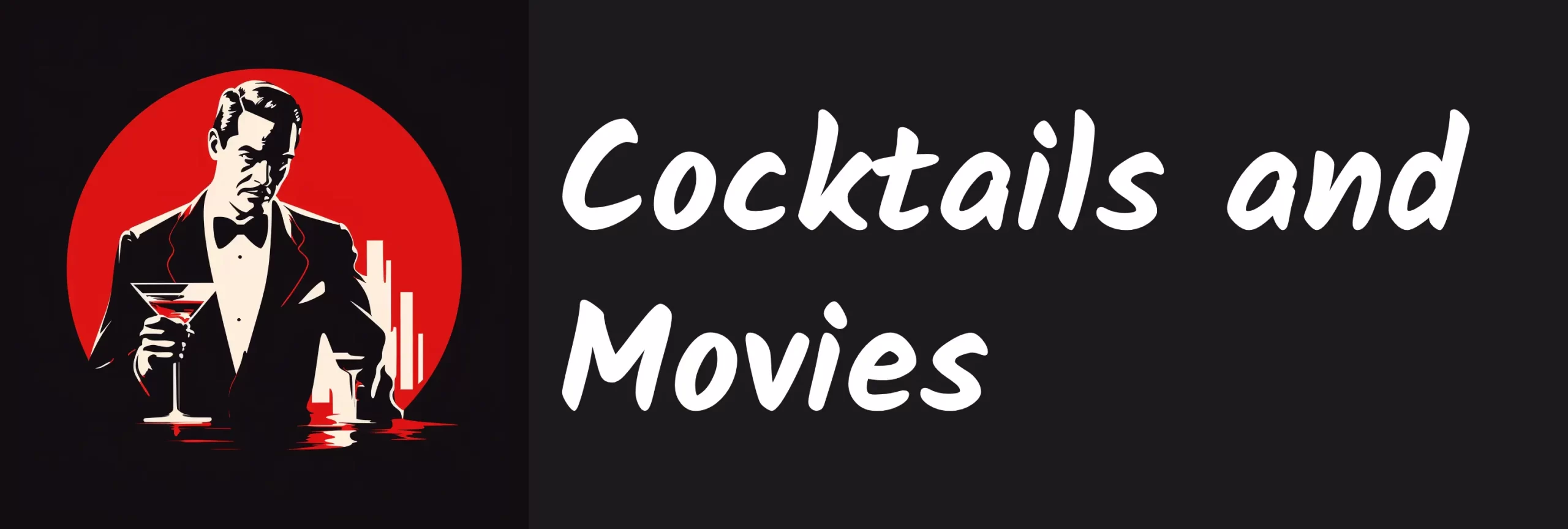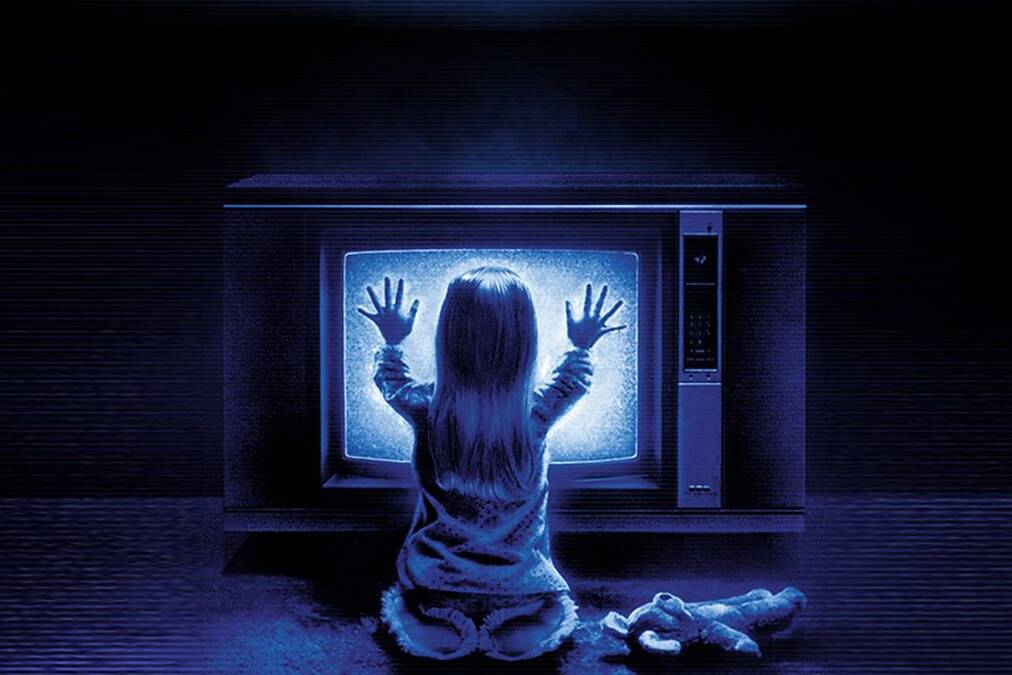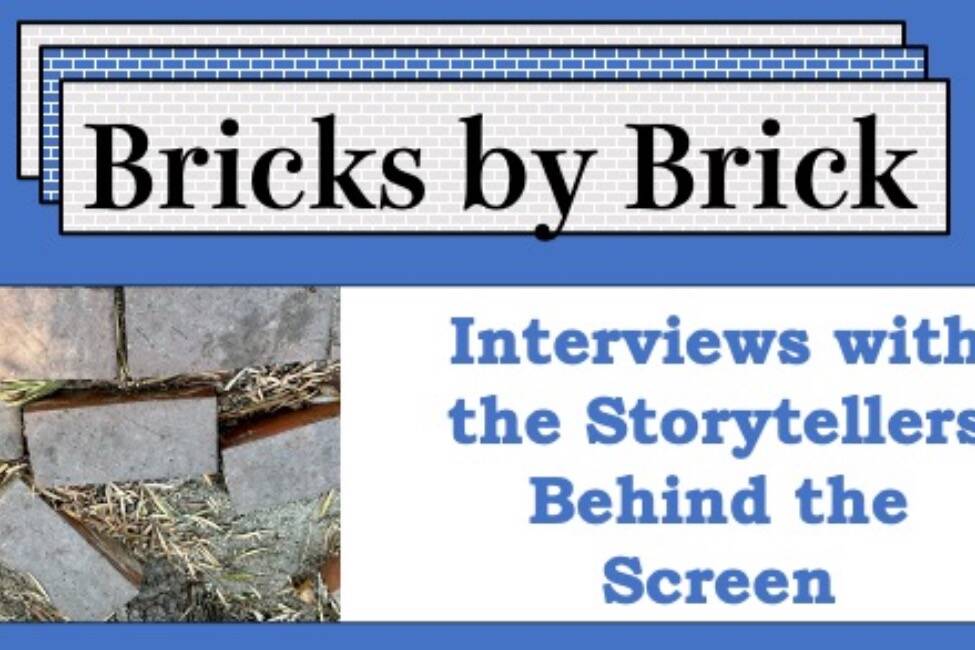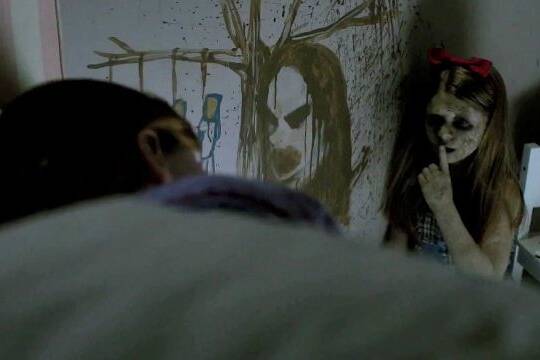Bricks by Brick – Interviews with the Storytellers Behind the Screen
From the art and craft of making TV and movies to navigating the business side of the industry, Bricks by Brick highlights the hard-working people who are the cornerstones for bringing these stories to life.
By: Kelly Jo Brick
Trusting the Process with All American Writer, Micah Cyrus
Breaking in as a TV writer is a journey that has so many different paths one can take to get in a room. At first, TV writer Micah Cyrus (All American, The Dead Girls Detective Agency) ignored the calling to be a writer because he didn’t think he had the skill set when he was in high school.
Cyrus shares his journey to finding his voice and direction as a writer as well as advice for facing the challenge of today’s entertainment industry.
WHEN DID YOU REALIZE YOU WANTED TO WRITE FOR TELEVISION?
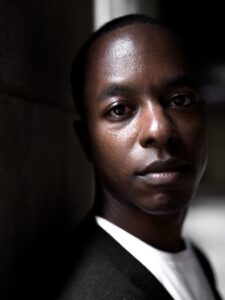 It was later in life where I was doing a grad program at UCLA and a group of friends decided that every weekend we would collaborate and rotate between writing, directing, and producing each other’s short films. We were just going to do piecemeal whatever we had in terms of money, even if that meant shooting on an iPhone to shoot a short film and just to be able to help each other and figure out what it is we actually wanted to do.
It was later in life where I was doing a grad program at UCLA and a group of friends decided that every weekend we would collaborate and rotate between writing, directing, and producing each other’s short films. We were just going to do piecemeal whatever we had in terms of money, even if that meant shooting on an iPhone to shoot a short film and just to be able to help each other and figure out what it is we actually wanted to do.
It came time for me to start to write a short and because I ignored that calling, I told a producing partner at the time, hey, I want to skip my turn and she said this was the agreement we all made. I’ll never forget that after writing that short, I felt so proud and also a reminder back to Love & Basketball and The Fresh Prince of Bel-Air, about the stories that affected me.
Once I took writing seriously, I was looking at where I felt the most risks were being taken and the best chance of upward mobility. I still think that’s TV to this day. I then decided I’m going to take writing seriously and really hone this craft.
HOW DID YOU GET YOUR FIRST JOB IN THE ROOM?
I know that I am a rare unicorn in how I got into a room compared to other people. Going back to at that grad program at UCLA, it was a year-long program and I decided that I wanted to get into a TV writers’ room. I am also so OCD and I keep Google spreadsheets for various things, so I decided when I start this year-long program at UCLA, I’m going to track and do my best to try to reach out, cold email, do whatever I need to do to find a way into a writers’ room, because I didn’t really have direct access.
I would look at Variety, Deadline, I would track shows throughout the year and whenever I would see something in development, I would try to find a route, someone’s contact or reach out to the production company. I reached out to about 60 different people over the course of the year. Of those 60, I got three responses, and of those three responses was this man, Roshan Sethi, who created The Resident.
I started to cold email him and when I saw that The Resident was in development. I sent an email and kept it very simple. I said, “I’m in a grad program at UCLA, would love to find a way to get in a TV’s writers’ room if there’s any need for a support staff.” He responded and said that right now we’re in development, meaning we don’t even have a pilot or a series order, but keep following up. Sure enough, I would keep following up. When I saw they got their pilot order, I would say, congrats on the pilot order. Again, any need in the room? And he said that we took a step further, but still not there. When they got the series order, I sent another email and he was like, actually, now we’re going to be staffing support staff. So I interviewed for that job as a writers’ assistant and I got it. I was a writers’ assistant on that show and assistant to the co-creators.
HOW DID YOU MAKE THE MOVE FROM SUPPORT STAFF TO STAFF WRITER?
I stayed on The Resident for season one and on that show I met Nkechi Okoro Carroll, she goes by NK. I remember talking to NK at the end of the season. She had a deal at 20th and was leaving to go to WBTV. She was meeting with Berlanti for a show called All American. I remember when that announcement came and I said, I’m a huge YA fan, I grew up in South Central L.A. and this is a show that I would die to write on. I said, “Ma’am, if you have an opportunity to help me somehow,” because she was going on that show as a Co-EP at the time, “I would love it.” They had it packaged with all the support staff at the time, so there wasn’t anything she could do, so I went over to a show called Step Up: High Water, for their season two. I had a great time. I’m also a huge dance fan, so I got to play in a lot of buckets that I’ve long wanted to play in.
When we wrapped the room for Step Up: High Water, NK was named as showrunner, and my friend who was her assistant at the time was getting his first freelance episode. They needed coverage while he and the writers’ assistant were writing their freelance episode together. So I came in and in temped for them and I said, “Guys, if I have to take out the trash I will, because I’m not leaving this office.” Sure enough I was able to stay on because NK was developing a show and I was her research assistant after I covered as a writers’ assistant there. I became the writers’ assistant for season two of All American, got my first script in season two and then I staffed in season three and that’s how I started the upward mobility.
ON TRUSTING THE PROCESS
It’s scary, but I always tell people that if that itch is there and you need to scratch it, you must. And if you wake up and continue wanting to scratch that itch, you’re meant to be a writer. It can be a long journey, but at the end of the day, the satisfaction in knowing that you’re doing what you love is everything. Just remember to trust the process. I think we get so caught up, and even professional writers who are at upper levels like myself, lose sight of that. I’m a firm believer in the timing that things that are supposed to happen will.
WHAT’S THE BEST ADVICE YOU RECEIVED ALONG THE WAY?
Kevin Falls who wrote on This Is Us, I met him on The Resident. He always said “Be great at your job first in front of you.” And that was as a support staff. So many writers are like I want to get an agent, a manager. I want to get staffed. I want them to read my script. He said, “Micah, be good at your job first, whatever it is, then people will help you after that and good people will ask.” I think it’s a reminder, like I say trust the process a lot, but it will happen. You will meet the right people who are going to be so helpful in your career at the right time.
WHAT TIPS DO YOU HAVE FOR MATCHING THE VOICE OF A SHOW?
That can be really challenging. That’s why I champion starting from support staff. Being support staff is great because you get to learn without the pressure of having to perform at a level of a staff writer, especially if it’s your first time ever professionally writing. That’s what can be intimidating.
It is not your show, it is the creators, the showrunners. You’re finding and understanding their nuances and what are the stories they’re wanting to tell and supporting their vision.
You find pieces of yourself to really quite literally put into the script. So if it’s about loss, that’s an opportunity to talk about losing a parental figure or whatnot. And it’ll then become yours naturally as well, and so you feel a connection.
YOU WORKED IN INTERNATIONAL FILM DISTRIBUTION BEFORE BECOMING A WRITER, WHAT GUIDANCE DO YOU HAVE FOR WRITERS COMING AT THIS AS A SECOND CAREER?
You’re never too late. We’re storytellers, so if we don’t have lived experience, then what do we have to share? Go live life and writing will find you. I know that sounds so esoteric, but it truly does and at the right time. Those stories will become the things that you’re going to really be able to have and hold on to.
WHAT’S THE MOST COMMON QUESTION YOU’RE ASKED BY WRITERS WANTING TO BREAK IN?
How do I get into a room? There’s no direct route of entry. It’s not like becoming a lawyer or doctor where you go to law school or go to medical school and then are given apprenticeship or start off as a resident. The common theme is taking a swing and stepping into saying the affirmation of: I will be doing this and you will meet the right person and the right door will open at the right time. Trust process and the right door will open.
WHAT LAST BIT OF ADVICE DO YOU HAVE FOR UP-AND-COMING WRITERS?
Be unafraid to take a bold swing and quite literally parallel to my journey of sending a cold email to reach out for an opportunity. I always say there’s a non-creepy way of doing that. Just a few sentences can get your point across.
I always tell people start from a place of advice, not necessarily asking for a job or reading my script. People love talking about themselves, so being able to ask someone about their journey will get you further in relationship building organically, than asking some to read your script.
Kelly Jo Brick is a TV crime, mystery and procedural writer. A Sundance Fellow and alum of the Women In Film’s Writer/Showrunner Mentoring Circle, Kelly Jo is also the Vice Chair of the WGA Genre Committee. She wrote the Telly Award-winning film, PAUSE, and the Frank Lloyd Wright documentary, The Jewel in the Woods.
Follow her on Bluesky @kellyjobrick.bsky.social
